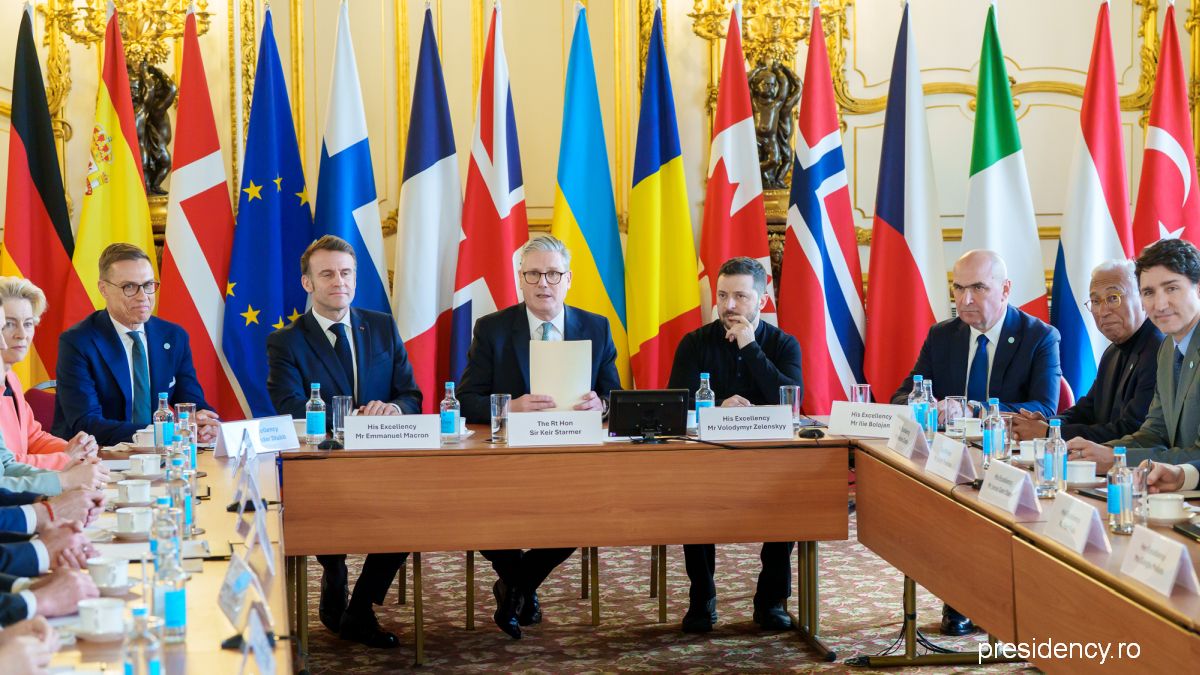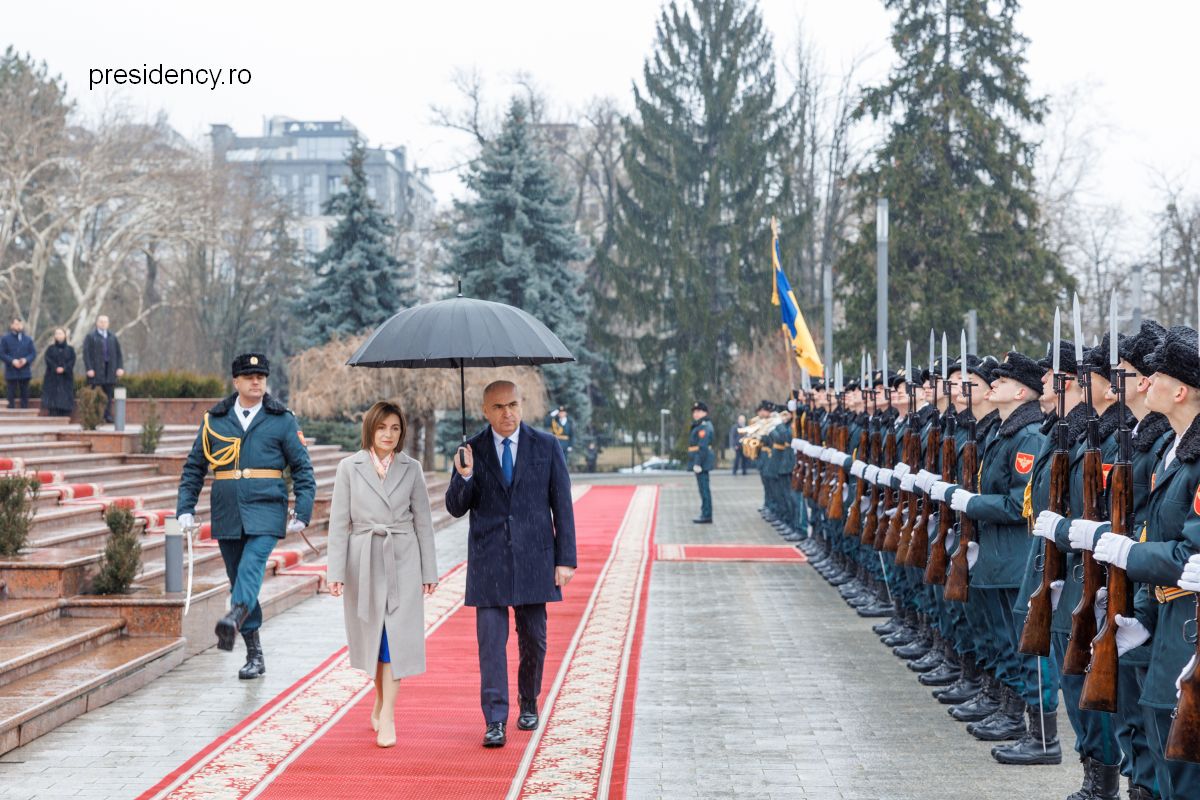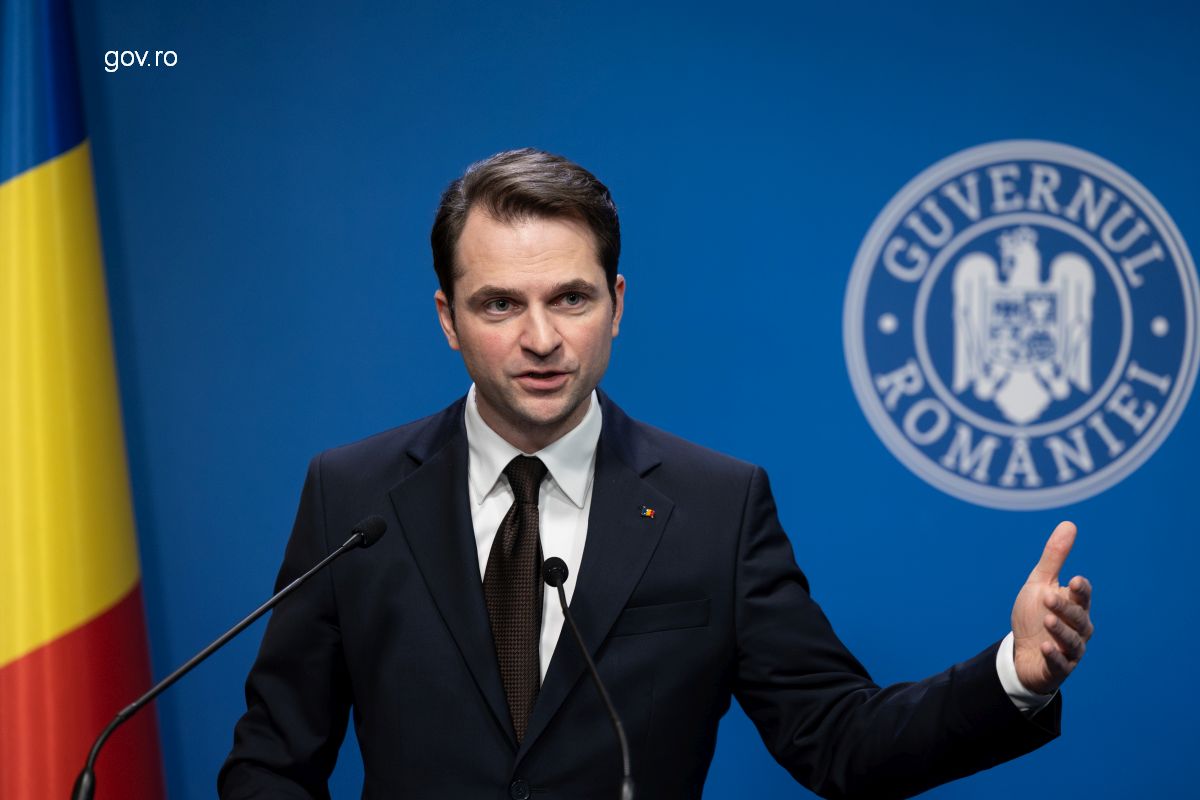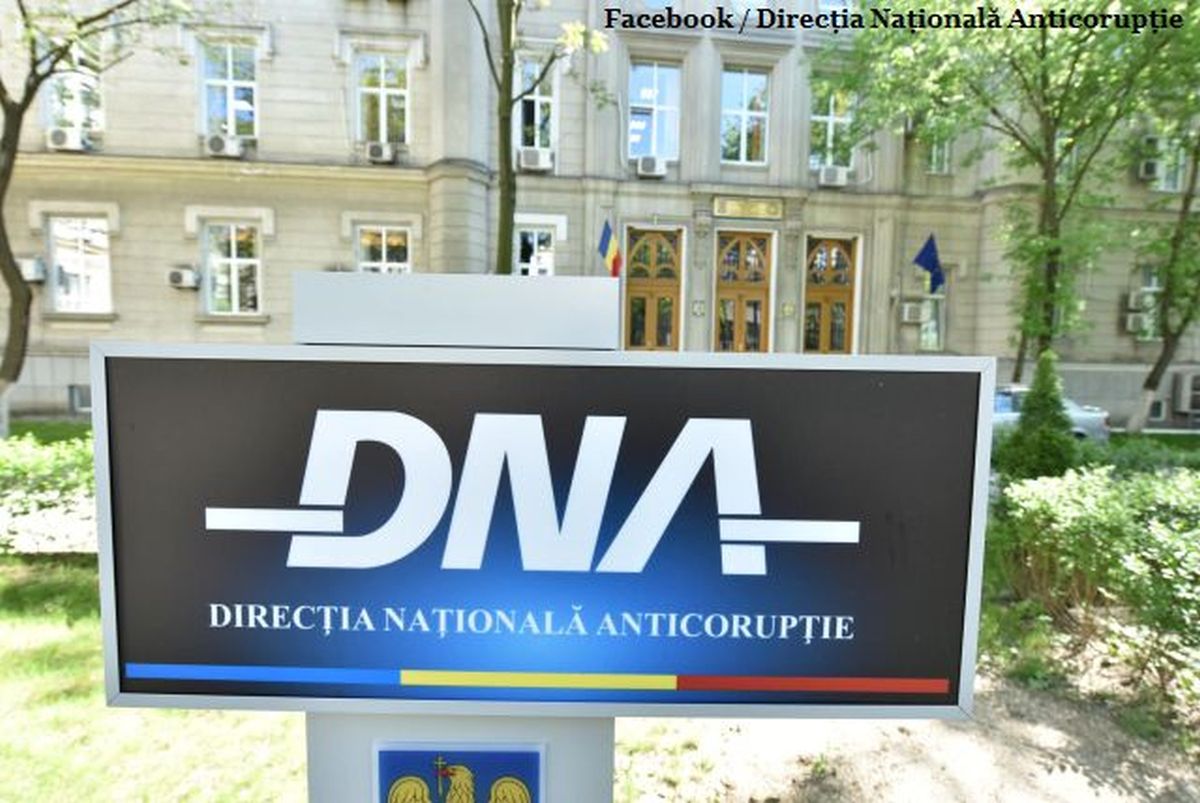The Republic of Moldova ahead of the presidential election
The presidential elections in the Republic of Moldova can be described as fighting opposites.
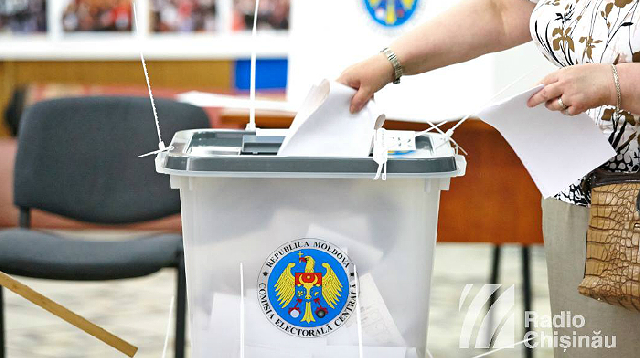
Valentin Țigău, 08.09.2016, 14:44
The Republic of Moldova is bracing itself for the presidential election with a first round due on October 30th. This is the first presidential election in the past 20 years, given that, as of 2001, the president was elected by Parliament, a move that triggered several political crises. In March this year, the Constitutional Court ruled the return to the old system of voting with the president being elected directly by voters. Candidacies are to be submitted until September 29th, but representatives of the main political parties have already enlisted with the Central Election Committee in Chisinau.
Under the Election Code, all candidates — either backed by parties or independent – have to muster at least 15 thousand signatures to be allowed to run in the election. According to opinion polls, the candidate of the Socialist Party, the pro-Russian Igor Dodon stands most of the chances to win. He is followed by the former Education Minister Maia Sandu, famous for the reforms in the field and politician Andrei Nastase, the leader of last year’s mass protests. The latter two have announced that by the end of the election campaign they will have made a decision on supporting a common candidate so that the pro-European votes should not be dispersed.
It is almost sure that no candidate will get a landslide majority in the first round. Among the political personalities well known to voters, are former Prime Minister Iurie Leanca, the former Parliament speaker Marian Lupu and Moldova’s former interim president, Mihai Ghimpu. The three are members of the present pro-European ruling coalition. The Communist Party may not run in the upcoming election, which they see as unconstitutional.
According to their leader, Vladimir Voronin, the Constitutional Court ruling to return to direct presidential election was illegal because such a change should have been done only after a referendum. The pro-Russian social-political movement Ravnopravie whose chairmanship has been taken over by the mayor of the city of Orhei, Ilan Shor — the prime suspect in a case involving the disappearance of one billion dollars from Moldova’s banking system – announced the candidacy of Mrs. Inna Popenco a candidate almost unknown to the voters. The mayor of Balti, a controversial pro-Russian politician named Renato Usatîi, has proposed a Russian-speaking journalist as candidate, on behalf of the party he leads.
Political analysts quoted by Radio Chisinau say the presidential elections in October are going to have a geo-political character just as it happened in the past years. They also believe that the electorate’s possible shift from the pro-Europeans towards the pro-Russian socialists cannot bring beneficial economic and social changes, given the situation of some regions deeply anchored in Russia’s sphere of influence such as the Crimean Peninsula, which was annexed by Moscow.
(Translated by Daniel Bilt)

